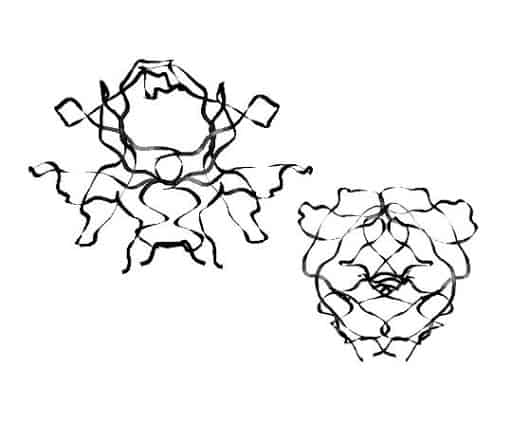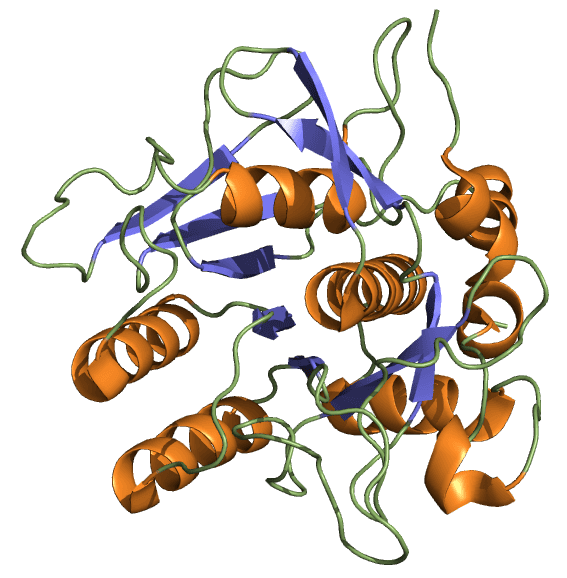


Beverage Enzymes Manufacturer in India
Brewery enzymes delivered from microbial sources assist the traditional beer brewing industry to conquer issues like flavour control, beer stability, and the overall expense for production. Brewery enzymes developed by Ultreze enzymes allow manufacturers to increase productivity, enhance the quality of beverage and reduce by-products, and the overall expense of production.
Ultreze Enzymes is one of the largest brewery enzymes manufacturers in Surat, Gujarat. We are also leading enzymes suppliers for the brewery industry in India. Our vigorous development and R&D align Ultreze with every customer’s needs.
Our Processing Flow

Protease
Protease used for malt improvement and improved at yeast growth.

Xylanase
Xylanase improves extraction and beer filtration.

Fungal Alpha-Amylase
Increase the percentage of fermentable sugar in light beer.
Enzymes Used in Brewing Industry
Alpha Amylase (Brewzyme-HTAA)
Brewzyme-HTAA has highly heat stable and pH tolerance and low calcium requirements. It is employed in the ethanol sector to produce neutral spirit by liquefying starch-containing grain mashes at high temperatures.
Gluco Amylase (Brewzyme-GA)
In order to produce glucose for use in the food and fermentation industries, the glucoamylase enzyme is frequently utilized in starch saccharification reactions.
Papain (Brewzyme-PAP)
Brewzyme-PAP is a protease enzyme that can be added to beer before filtration and packaging. It was the first haze preventative used in the brewing industry.
Beta Glucanase (Brewzyme-BG)
Brewzyme-BG is an essential enzyme required for the brewing industry’s malting process. The process of malting and mashing is
where the enzyme primarily functions. The enzyme hydrolyze b-glucan polymers to help release extra sugar in the beer. It also controls the viscosity
Protease (Brewzyme-PRO)
Brewzyme-PRO breaks down large proteins into smaller ones. Because brewers are worried about the nitrogen content of their beer, this is significant in the brewing process. Beer-brewing yeasts need nitrogen as their main source of nutrition.
Xylanase (Brewzyme-XYL)
Xylanase can make the brewing liquid less viscous and thus improve its filterability. It improves extraction and beer filtration.
BrewBlend (Customized Blend of Enzymes)
BrewBlend is food grade mashing enzyme blend that contains selected and controlled activities to provide consistent malt-like performance in the brewery. Alpha Amylase, Beta-Amylase, Xylanase, Neutral protease, and Beta Glucanase Enzymes blend for use in the brewing industry.
Are you looking for enzymes?
We're Here to Assist
Frequently Asked Questions(FAQ)
Temperature and pH significantly affect enzyme activity in brewing. Enzymes have specific temperature and pH ranges in which they work best, and controlling these factors is crucial for optimal enzyme function and efficient conversion of starches into fermentable sugars during mashing.
Enzymes enhance the flavor profile of beer by converting complex carbohydrates into fermentable sugars, breaking down undesirable compounds, facilitating flavor bioconversion, and modifying specific components to create a diverse range of flavors and aromas.
